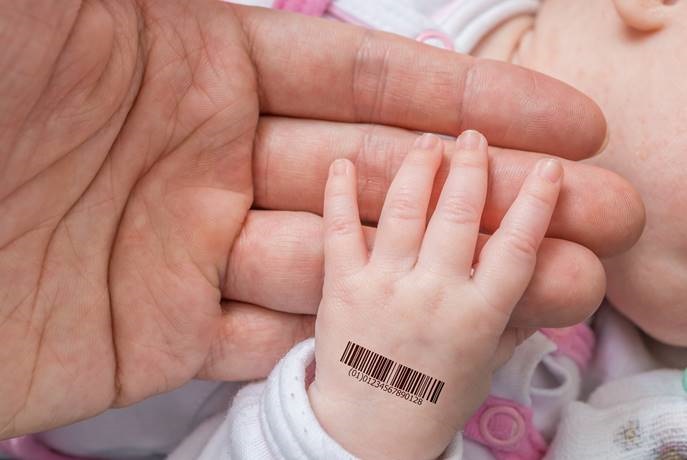
"Life as we know it is fast becoming programmable. After all, DNA is software, and we are learning to read it and update it by reprogramming it," says Kim Hulett, pioneering founder and CEO of Next Biosciences.
We wondered if a future where we will be able to pick the traits of our offspring off an embryo menu, selecting and editing for intelligence, sporting ability and good looks, was possible, but Hulett says nature is still way ahead of us.
However, as we are starting to understand the human genome, this is becoming a reality. This raises many ethical questions and the future of the human race will no longer be a science question, but rather a society one, she says.
Only for the very wealthy?
One of the concerning issues raised on this topic includes that of cost. Genetic testing is expensive, and may one day only be available to the very wealthy – essentially, enabling them to breed a generation of 'super-humans' resulting in any number of dystopian nightmares...
But back to the present: currently in South Africa, parents can already select from fertilised embryos, but only in specific cases for medical conditions.
The process of Preimplantation Genetic Testing (PGT) is the testing of early-stage embryos for genetic abnormalities, where fertilised embryos are tested for specific conditions and those that do not have the genetic abnormalities tested for can be selected for implantation.
According to the South African biotech company, the term "preimplantation" is used "because testing is performed on embryos during the time before they would naturally implant into the uterus (usually after day 6)."
The type of testing offered by Next Biosciences is called Preimplantation Genetic Testing – Monogenic (PGT-M), and is specifically designed to screen embryos for "a known mutation that is causing a familial genetic condition", such as Cystic Fibrosis or Tay Sachs.
There are hundreds of single-gene conditions which can be tested for.
"Used in conjunction with in vitro fertilisation (IVF), PGT-M is a laboratory test that is used to help detect single-gene disorders before embryos are transferred to a patient's uterus," the explanation reads.
Also read: The future of human reproduction: Three-parent babies
Scientifically possible, but not legal
Hulett explained to Parent24 that in South Africa, it is scientifically possible, but not legal, to choose from tested embryos based on their sex.
But in the future, it is entirely possible that parents will be able to choose from an entire 'menu' of desirable characteristics or traits, or to select only the embryos that will grow up to suit an aesthetic ideal.
Yes, it is theoretically already possible to predict what an embryo will look like at 18, and to print portraits for parents to choose from, Hulett told us.
This does indeed raise many ethical questions, but the benefits may outweigh the risks as it is also possible to eliminate certain debilitating diseases to ensure that they aren't passed down to future generations she says.
While parents could use the technology for enhancements rather than fighting disease, one must remember that genetics are only responsible for 20%-30% of whom we become, and that lifestyle and environmental factors have a greater impact on a person's health, character and ability.
Hulett agrees that the more control parents have over the ability to design their children, the bigger the moral questions raised.
Also see: Another designer baby scientist plans to take on incurable diseases
Problem to be solved or cute hereditary quirk?
For example, who decides what constitutes a genetic problem that needs to be 'fixed'?
Is Great Uncle Henry's large nose a problem to be solved, or a cute hereditary quirk? Should a family decide to remove all future traces of blue eyes from the family tree?
What about intentionally choosing embryos with "malfunctioning genes" so that the resulting children can match their parents, as in the case of disabilities like deafness or dwarfism?
Some families have argued to have the choice to choose the mutation, in order to have children more like them, and who would better fit into their communities, as reported in various scientific journals and mainstream publications.
Ultimately, Hulett says, it is a deeply personal question. Future parents will have to consider if they are comfortable testing only for medical reasons, or if they would want to go further and test for 'designer' reasons.
Chatback:
Share your story with us, and we could publish your mail. Anonymous contributions are welcome.
Read more:
Surrogacy: The proposed law against the "genetic-link requirement" and the ConCourt ruling




 Publications
Publications
 Partners
Partners














